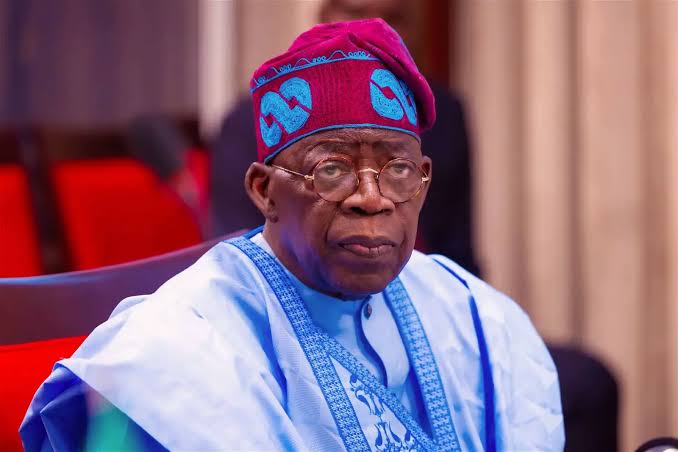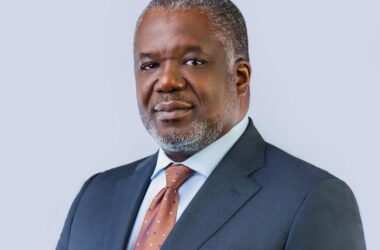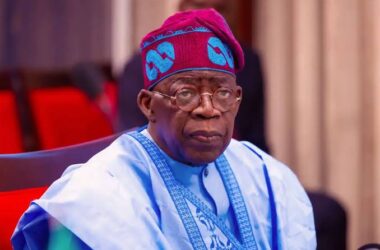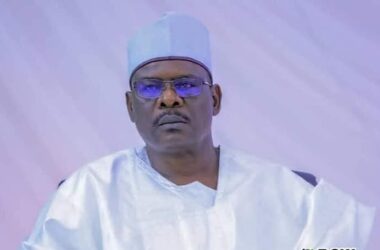In a strong response to recent debates, Nigerian President Bola Tinubu has declined the National Economic Council’s (NEC) request to withdraw his administration’s Proposed Tax Reforms Bill from the National Assembly. Despite suggestions for further consultation and engagement, President Tinubu has affirmed that the bill will remain in the legislative process, where public input will be welcomed and considered.
The NEC, led by Vice President Kashim Shettima, advised withdrawing the tax bill to allow more time for discussions, following concerns that it may unfairly impact certain regions, particularly the north. In response to these concerns, Tinubu’s administration emphasized that the bill is intended to benefit all 36 states across Nigeria by modernizing the tax system and reducing inefficiencies.
In an official statement from Tinubu’s Special Adviser on Information and Strategy, Bayo Onanuga, the President commended NEC members, including Vice President Shettima and state governors, for their input. The statement acknowledged their concerns but insisted that the legislative process would allow ample opportunity for further adjustments.
The statement read: “President Bola Tinubu has received the National Economic Council’s recommendation that the tax reform bills already sent to the National Assembly be withdrawn for further consultation.
“President Tinubu commends the National Economic Council members, especially Vice President Kashim Shettima and the 36 State Governors, for their advice.
“He believes that the legislative process, which has already begun, provides an opportunity for inputs and necessary changes without withdrawing the bills from the National Assembly.
“While urging the NEC to allow the process to take its full course, President Tinubu welcomes further consultations and engagement with key stakeholders to address any reservations about the bills while the National Assembly considers them for passage.”
The statement added that when President Tinubu set up the Presidential Committee on Tax and Fiscal Policy Reform in August 2023, he had only one objective: to reposition the economy for better productivity and efficiency and make the operating environment for investment and businesses more conducive.
“This objective remains more critical even today than ever before,” it said.
According to the statement, “The tax reform bills that emerged were distilled from the extensive work of the Presidential Committee.
“The tax bills before the National Assembly aim to streamline Nigeria’s tax administration processes, completely overhaul the nation’s tax operations, and align them with global best practices.
“Below are the major highlights of the four Bills.
The Nigeria Tax Bill: This Bill seeks to eliminate multiple taxation and make Nigeria’s economy more competitive by simplifying tax obligations for businesses and individuals nationwide.
“The Nigeria Tax Administration Bill (NTAB): This Bill proposes new rules governing the administration of all taxes in the country. Its objective is to harmonise tax administrative processes across federal, state and local jurisdictions to ease taxpayers’ compliance and enhance the revenue for all tiers of government.
“The Nigeria Revenue Service (Establishment) Bill: The Bill seeks to re-establish the Federal Inland Revenue Service (FIRS) as the Nigeria Revenue Service (NRS) to better reflect its mandate as the revenue agency for the entire federation, not just the Federal Government.
“The Joint Revenue Board Establishment Bill: This Bill proposes creating a Joint Revenue Board to replace the Joint Tax Board, covering federal and all state tax authorities. The fourth bill will also establish the Office of Tax Ombudsman under the Joint Revenue Board, protecting taxpayers’ interests and facilitating dispute resolution.
“The bills’ overarching objective is to effectively coordinate federal, state, and local tax authorities, thereby eliminating the overlapping responsibilities, confusion, and inefficiency that have plagued tax administration in Nigeria for decades.”
“Under existing laws, taxes like Company Income Tax (CIT), Personal Income Tax (PIT), Capital Gains Tax (CGT), Petroleum Profits Tax (PPT), Tertiary Education Tax (TET), Value-Added Tax (VAT), and other taxing provisions in numerous laws are administered separately, with individual legislative frameworks.
“The proposed reforms seek to consolidate these numerous taxes, integrating CIT, PIT, CGT, VAT, PPT, and excise duties into a unified structure to reduce administrative fragmentation.
“While there may be differences in approach or specific provisions of the new tax bills, what is not in contention is the need to review our tax laws and how we administer them to serve our overall national development agenda.
“President Tinubu will continue to respect and welcome the advice and recommendations of the National Economic Council, an essential constitutional organ of government on economic matters.”










